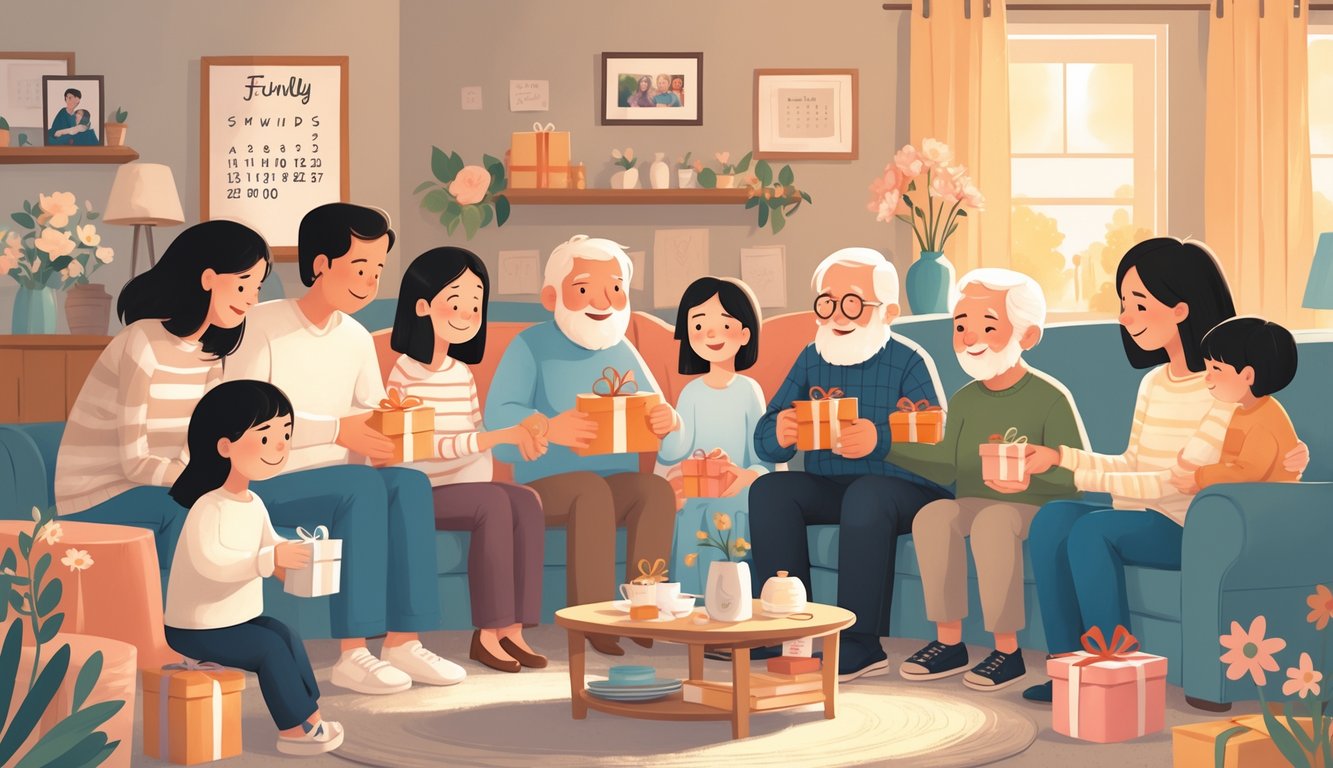
Mindfulness and Meditation in Recovery
Here’s the odd bit—mindfulness suddenly shows up in the gift wrap. Like, people stick a Headspace subscription in a card and think it’ll fix your layoff. Therapy blogs swear “mindfulness lowers gifting anxiety,” but honestly, it just changes the shopping list. Suddenly, people buy “experiences” or minimalist stuff. My friend handed me a single smooth stone in a box after my dog died. It was weird, but I appreciated it.
The meditation products market is over a billion dollars now (who’s buying all those essential oil kits and yoga passes?). Everybody’s gifting “healing” stuff, regardless of whether anyone used it before. Someone always gets it wrong—incense for a brother who’s allergic. Who knew losing a pet would mean getting a yoga mat?
The Role of Personal Resilience
I don’t think anyone survives a big shakeup without their own weird gifting patterns sneaking in. Not about being stoic—more like people try to pass on their survival skills through stuff. Dr. Jane Swiatek’s Social Coping Questionnaire (35 questions, apparently some people think it’s a party game) says higher resilience means more practical gifts—slow cookers, budgeting books, hand-me-downs, whatever. I’ve seen friends give away their favorite heirlooms, like strength is contagious.
Resilient types seem to dodge showy gifts and just go for what people actually use, or stuff that could become a new ritual. There’s no spreadsheet for this. It’s just gut instinct from too many years of unwrapping things with a 12-step setup guide. Still, try stopping a parent from buying a backup umbrella for the fourth year. Life events warp our sense of what’s useful, and suddenly someone’s giving a grown man a night light.
Unexpected Gift Habits After Specific Life Events
Nobody warns you that a layoff or a messy breakup turns socks and mugs into survival gear. It’s not the price—it’s the weird logic families invent to cope, and it never matches the self-help articles.
Job Loss and New Traditions
When my cousin lost her job, nobody talked about LinkedIn or savings. My aunt just started dropping off bagels. No notes, no flowers (allergies, someone remembered). Just bagels. That’s it.
Some families invent “unemployment baskets”—snacks, interview socks (yes, that’s a thing), even Indeed discount codes. Gallup, 2023, said 34% of families think groceries matter more than pep texts after a job loss. No surprise—carbs beat encouragement when rent’s due.
Dr. Laura Louis says “intentional, interest-based gifts during hardship make people feel genuinely cared for.” Nobody sent her that article, though, because grandma’s printer jammed. Most traditions just stick because someone panicked and did something random, and now it’s a thing.
Divorce and Family Dynamics
I thought divorce care packages were for kids. Wrong. Adults get them too, but it’s not like those movie scenes where everyone sits around talking. My brother’s ex started mailing him homemade salsa after their split—guilt, spicy self-care, who knows. Sometimes he’d send her coffee beans. No note. Did it help? No clue.
My neighbor (divorce attorney, so she knows) says “off-script gestures reset co-parenting expectations and defuse tension.” Like, dropping off a board game at a neutral spot, or giving kids duplicate pajamas so nobody’s packing suitcases every weekend.
And, honestly, have you noticed how kids rack up bonus toys after custody weekends? It’s probably an accidental arms race. Relatives distracting themselves, or maybe someone read “one small treat eases transition stress.” Does it work? Maybe. But it definitely fills closets.
Relocation and Distance
I once shipped a basket of dried mango to my friend after he moved. He’s allergic. Oops. But the card made it. Families invent these traditions because everyone’s afraid they’ll forget birthdays now that someone’s moved. My uncle sends embroidered dish towels every time. “So it feels like home, but also don’t forget where you came from.” Why towels? No idea.
Sometimes it’s not about comfort—someone throws in a topo map, a local spice, or a gas card. Practical and ridiculous. USPS says greeting card and gadget shipments go up 28% regionally after a big move—who’s tracking towels? Gift habits change not because they’re needed, but because nobody knows what to say, so socks are safer than silence. I guess nobody wants to feel erased after a move—even if the gift is just a copy of what you left behind.
Support Systems and Interventions in Difficult Times
I’ll never forget panicking over what to bring my aunt in the hospital—grabbed a half-frozen lasagna, too many paper plates. Most families just make up routines after chaos, cobbling together whatever works. No official guide, just a mess of boundaries and practical gifts.
Leveraging Community Resources
Suddenly, everyone’s cousin is dropping off casseroles or school hand-me-downs after a death or new baby. Social science types call this a “support network.” Obbarius et al. (2021) said using these groups cuts stress better than most DIY fixes. But why does nobody ever bring actual groceries? It’s always banana bread or lukewarm casseroles.
I watched my friend’s neighbors show up with weed whackers and Home Depot cards after his house fire. Emotional boost, for sure. Apparently, Home Depot cards count as “instrumental support.” Experts (see Herkov, RNAO BPG) argue these informal exchanges buffer people from tough transitions. My only complaint—nobody brings coffee.
Role of Professional Support
Why does every social worker talk in circles about “family systems”? Still, you can’t deny a solid therapist or nurse can change the whole vibe. Family therapy isn’t just talk—“clear roles, expectations, boundaries” show up on every handout, and, honestly, that structure keeps old fights from blowing up.
National Institute of Mental Health says structured interventions after a crisis (like a referral to a counselor) boost recovery rates by almost 40%. A psych nurse told me early, practical contact with professionals matters more than a stack of sympathy cards. Not that it fixes everything, but if I get handed one more pamphlet, I might snap. Still, I get it.